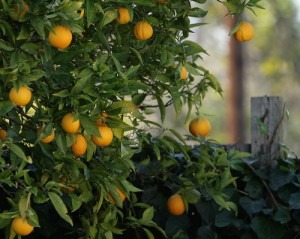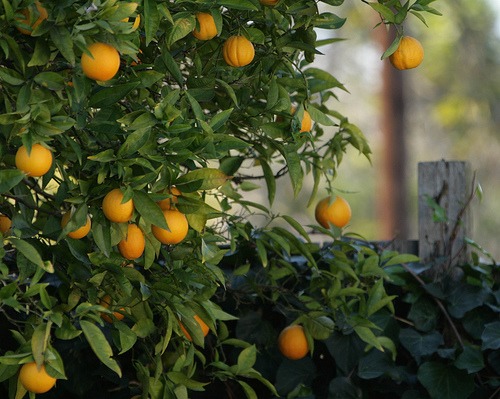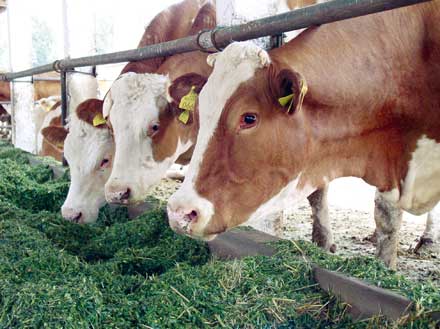 Many people would love to have the ability to grow fruits and vegetables in their own garden. Getting started takes some planning and knowledge, but it really is not so difficult when you have the right information. If you are a beginner at gardening, use the helpful tips in this article as your guide in creating the perfect garden for your situation.
Many people would love to have the ability to grow fruits and vegetables in their own garden. Getting started takes some planning and knowledge, but it really is not so difficult when you have the right information. If you are a beginner at gardening, use the helpful tips in this article as your guide in creating the perfect garden for your situation.
Learning to grow a garden in small steps is a good way to get started. Gardening does require dedication and commitment to a minimum amount of time on a regular basis. A daily plan is the best, but even if you can only manage to get to your garden every two or three days, that will still work. [adsenseyu1]
The best time to rid your garden of weeds is before you plant it. If possible, prepare your garden plot in the fall and plant the following spring. Remove all the grass sod completely and till the ground as deep as possible. Amend the soil with organic fertilizer and till that in too. Finally, apply a commercial weed killer to prevent whatever seeds that may be in the soil from germinating. Many gardeners recommend covering your garden with black plastic during the winter months. This method prevents weed seeds that may be blown in the wind from settling into your clean plot. When spring arrives, remove the plastic and work up the soil again before planting your seeds or setting out seedlings.
Check the planting to harvest timeline to make sure the growing season in your area is long enough for a mature harvest. You may want to get some perennial plants started in your garden so they will yield every year without needing to be replanted. Strawberries and rhubarb are easy to grow and produce an abundance of fruit early in the year. These fruits are great when combined for pies or preserves. Asparagus is a healthy vegetable that may take a year or two to get a good start, but once it is established it produces an abundant harvest early in the summer. Asparagus grows quickly during rainy weather, so check for new shoots every day.
[adsenseyu1]
Every gardener knows that weeds grow faster than your garden plants so remove them quickly before they spread. It is important to completely remove weed roots because they will quickly emerge again from even a small remnant.
Make sure to supply the right amount of water to your garden. One great way to water is by using a soaker hose. Lay a hose along the base of each row and turn the water on for an hour or two each evening. This provides water to your plants at a time when the sun will not cause it to evaporate before the roots of the plants can absorb it.
Avoid using commercial fertilizers as much as possible. Some of them contain chemicals that may not be healthy for you or for your garden soil. Composted manure is available at most garden centers, or contact a local farmer to find out if you can get some aged manure. Be aware that there may be some weed seeds in manure that is not aged.
Producing some of your own healthy fruits and vegetables gives you a great feeling of accomplishment. Having your own garden also cuts down considerably on your grocery bill. Use the information in this article to begin small and build your garden to the size that suits you.








